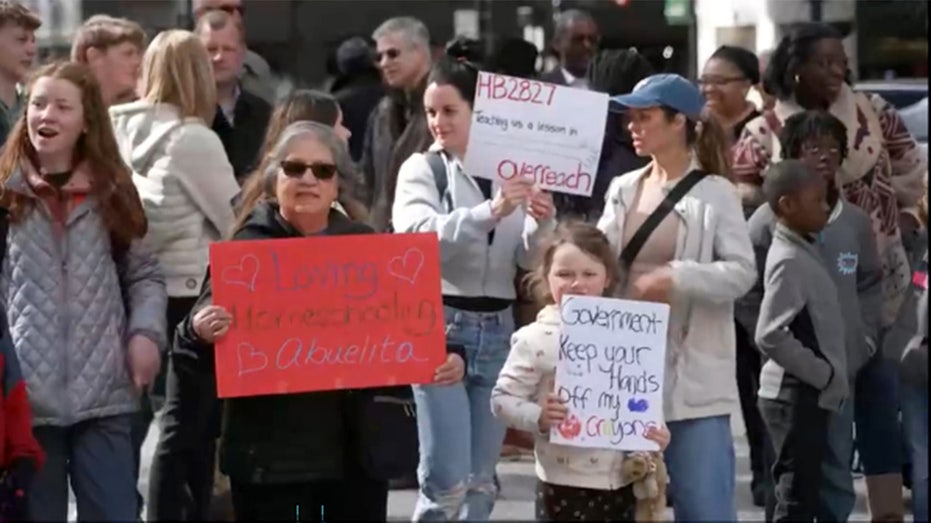Senate Finance Committee member Ron Johnson (R-Wis.) told The Hill this week he thought the expiring provisions of the 2017 tax cuts should be split off from additional tax changes that Republicans could make in their major tax cut and spending bill.
His argument was that extending the expiring laws was a unanimous priority for the party while there’s more room for debate in additional revenue provisions that could be tacked on, such as cuts that President Trump promised while campaigning.
Other Finance Committee Republicans disagree.
“I think if you split it off, [further cuts] will never get consideration,” Sen. Chuck Grassley (R-Iowa) told The Hill. “You get one shot at this every ten years. You’d better do everything.”
Sen. Steve Daines (R-Mont.) said that two different tax packages were not being considered. He expressed some doubts that the House was going to get behind the so-called “policy baseline” accounting assumption that’s popular in the Senate and that would allow Republicans to write off the $4 to $5 trillion cost of extending the expiring tax laws.
“We’re bound by the Byrd Rule in the Senate, and the House is unbounded by that,” he said, referring to a Senate rule that requires reconciliation bills to have a material effect on budgets, which the policy baseline write-off could violate.
— Tobias Burns






















































































